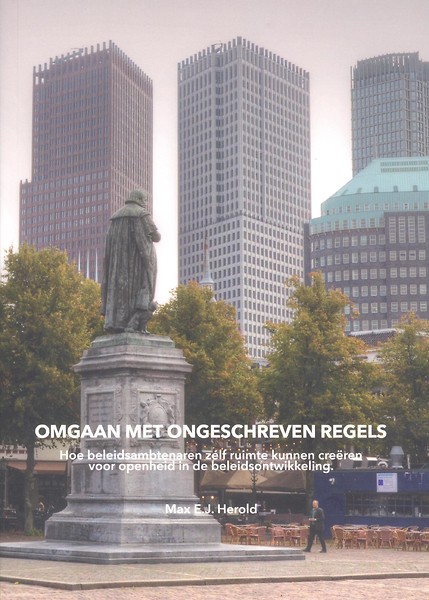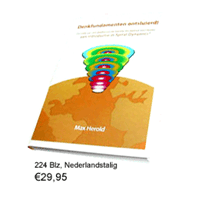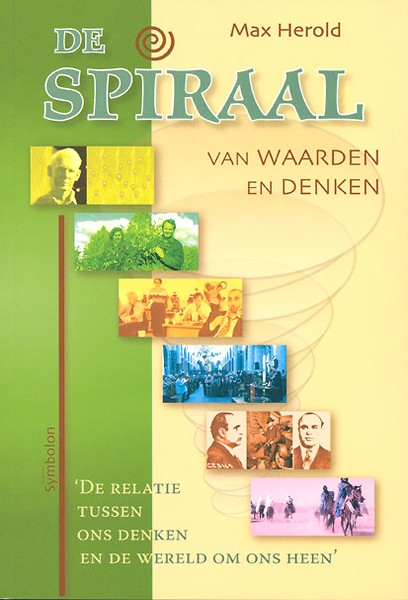There is a paradox within governments. When a government is faced with complex issues involving a variety of actors, knowledge is not unambiguous (so-called ‘wicked problems’) and open policy development is desirable, it frequently does not fit the established departmental ‘policy production processes’. So, what does that mean for open processes and how should civil servants deal with the paradox between open policy development and ’that’s how it is done here’? With regard to ’that’s how it is done here’, this book focuses on a specific category of so-called unwritten rules, namely hard unwritten rules, which are the heart of the organizational culture. They are hard to change, either by employees or by the leadership.
Open Policy Development is, for the sake of this research project and book, renamed as ‘Open MultiStakeholder Policy development’ (OMSPD). Indicating that usual suspects AND unusual suspect have to be part of a policy development process, when it is defined as open.
Despite many government studies and experiments, OMSPD has as yet not been generally accepted. This study shows how hard unwritten rules restrict openness. Unlike earlier studies, this study looks above all to what this means for policy-makers in departments. The study shows what coping strategies are for civil servants who want to apply OMSPD, recognizing and using the hard unwritten rules. It is possible to connect the vertical orientation of the rules to the horizontal characteristics of OMSPD. The study offers civil servant insight into the possible combinations, while offering their managers in the vertical line insight into the way they can manage openness without coming into conflict with the rules.




